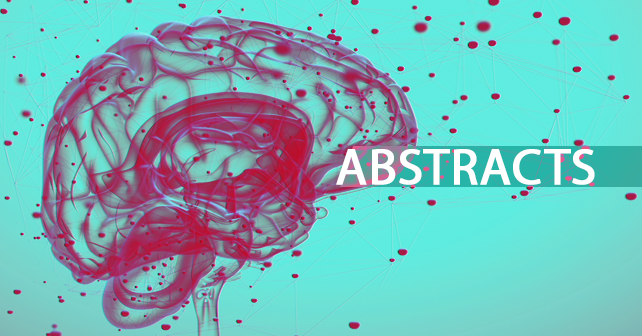Cognitive preservation following awake mapping-based neurosurgery for low-grade gliomas: A longitudinal, within-patient design study
Anne-Laure Lemaitre 1 2, Guillaume Herbet 1 2, Sam Ng 1 2, Sylvie Moritz-Gasser 1 2, Hugues Duffau 1 2Affiliations expand
- PMID: 34850187
- PMCID: PMC9071329 (available on 2022-11-26)
- DOI: 10.1093/neuonc/noab275
Abstract
Background: Awake surgery with intraoperative electrical mapping emerged as a gold-standard approach in newly diagnosed diffuse low-grade glioma (DLGG) to optimize the extent of resection (EOR) while sparing critical brain structures. However, no study has assessed to what extent cognitive recovery occurs following awake mapping-guided neurosurgery in a large, longitudinal, and homogeneous series of DLGG.
Methods: A longitudinal study on the cognitive status of 157 DLGG patients was performed. Neuropsychological assessments were done before and three months after awake mapping-based surgery. Z-scores and variations of Z-scores were computed to determine the number of patients with cognitive deficit(s) or decline. Clinical, surgical, and histopathological variables were studied to investigate factors contributing to neurocognitive outcomes.
Results: Eighty-seven patients (55.4%) had preoperative cognitive impairments. Statistical analysis between the preoperative (baseline) and postoperative assessments demonstrated a significant difference in three domains (Executive, Psychomotor Speed and Attention, Verbal Episodic Memory). Eighty-six percent of patients exhibited no postoperative cognitive decline, and among them, 10% exhibited cognitive improvement. The mean EOR was 92.3%±7.8%. The EOR, postoperative volume, and tumor lateralization had a significant association with cognitive decline. No patients demonstrated permanent postoperative neurologic deficits, but 5.8% did not resume their preoperative professional activities. The 5-year survival rate was 82.2%.
Conclusions: This is the largest series ever reported with systematic longitudinal neuropsychological assessment. 86% of patients demonstrated no cognitive decline despite large resections and only 5.8% did not return to work. This work supports the practice of awake surgery with cognitive mapping as safe and effective in DLGG patients.
Keywords: awake surgery; cognitive assessment; diffuse low-grade glioma; longitudinal assessment.
© The Author(s) 2021. Published by Oxford University Press on behalf of the Society for Neuro-Oncology. All rights reserved. For permissions, please e-mail: journals.permissions@oup.com.
Comment in
- Balancing maximal resection and functional preservation in surgery for low-grade glioma.Vogelbaum MA.Neuro Oncol. 2022 May 4;24(5):794-795. doi: 10.1093/neuonc/noac008.

